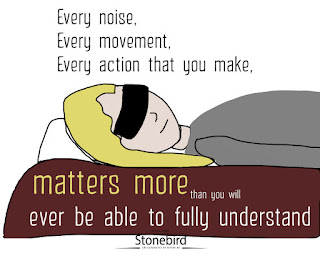SEVERE ME : THE UNEXPECTED LOSSES

When you suddenly collapse, disappear from your normal life and are labelled with a diagnosis of Myalgic Encephalomyelitis, aka "ME/CFS", you unexpectedly enter a no-mans land. Nothing is as it was before. Everything is impacted upon, either subtly or wholesale. An “ME/CFS” diagnosis is far too vague to accurately recognise or identify the underlying physiological disorder that underpins your devastating inability to think or move. ME/CFS is a vague conglomerate term, that covers up a range of disparate illnesses that are viewed as fatigue conditions, rather than the WHO neurological disease that the name Myalgic Encephalomyelitis originally represented, when first coined and was associated with enterovirus. Because the ME/CFS label you have been given is non-specific, without clearly identified physiological congruence and a safe, specified, appropriate biomedical treatment pathway, you may not be given the same medical respect of any other recognised physical ...





